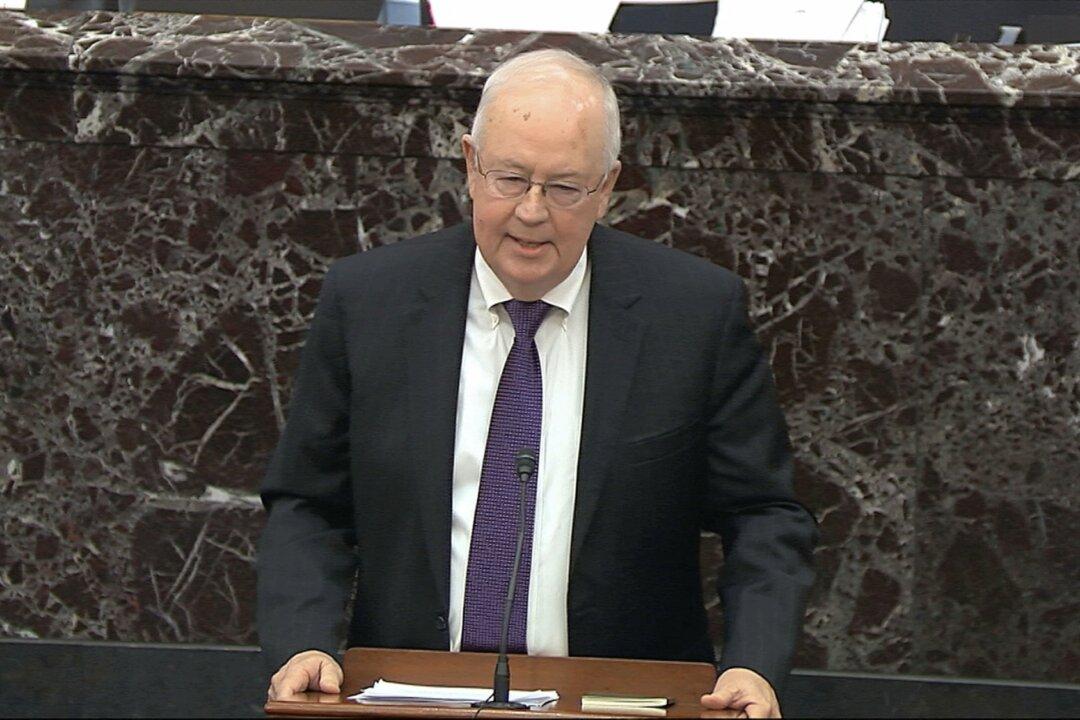Former independent counsel Ken Starr has described the Pennsylvania Supreme Court decision to allow late-arrival mail-in ballots as a “constitutional travesty,” saying that only the state legislature has the authority granted by the Constitution to set such terms.
Starr, a former circuit judge and former solicitor general of the United States, told Fox News’ “Life Liberty and Levin” that he believes the federal Supreme Court would now “do its duty.”





